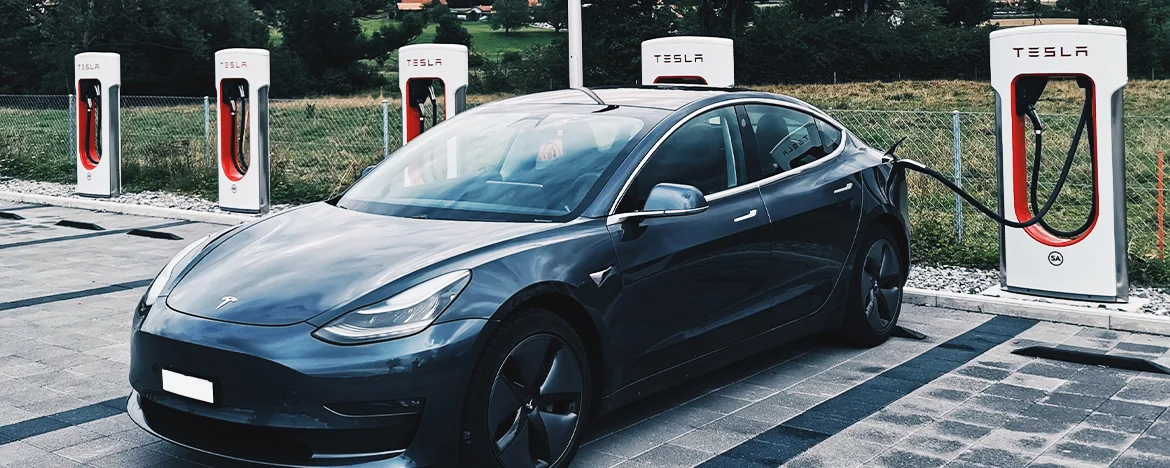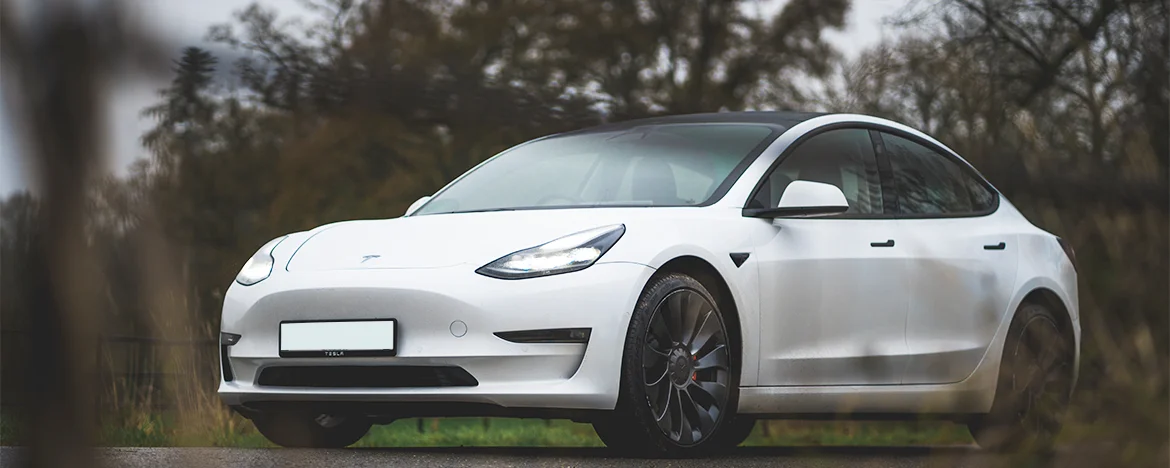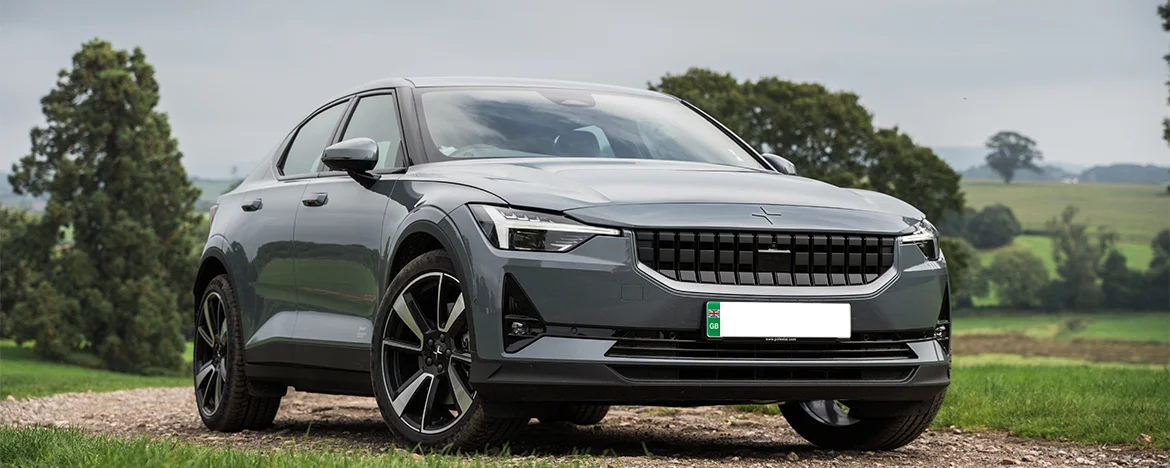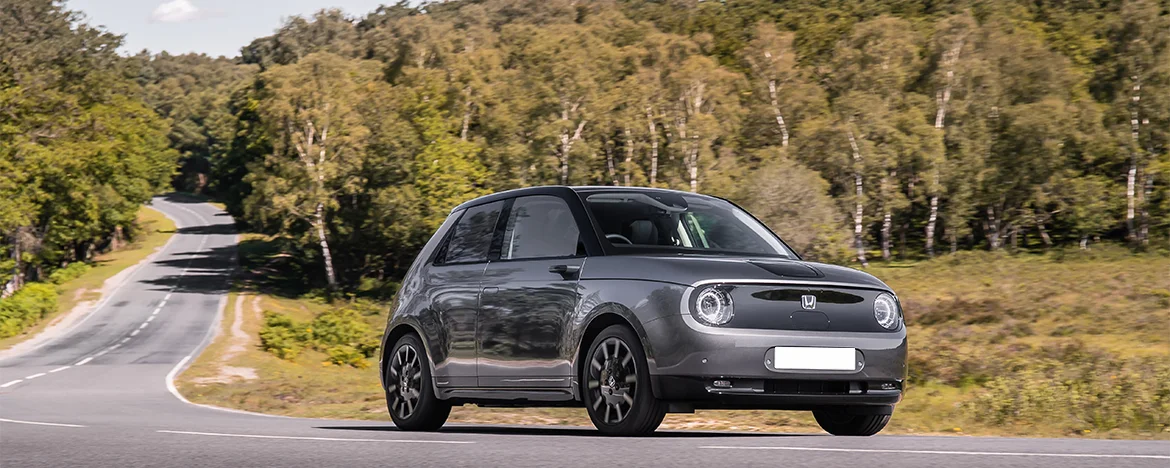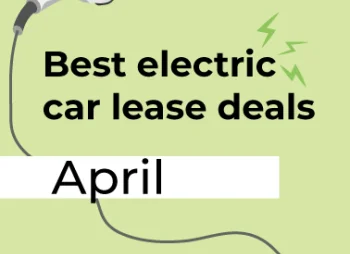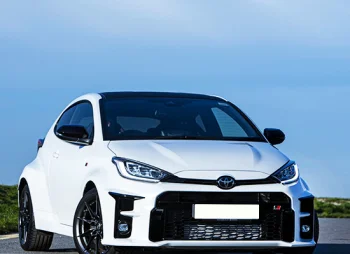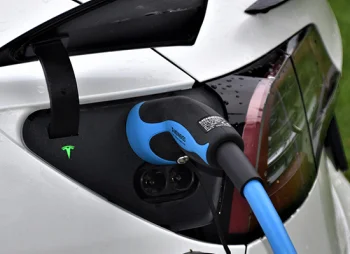Can your electric car now use a Tesla Supercharger?
After announcing its intention to open the Supercharger network to non-Tesla EVs toward the end of last year, Tesla have just confirmed that a trial run of 15 locations has been opened to all electric vehicles with a CCS connector.
The combined charging system (CCS) is a system used by manufacturers around the world, including BMW, Daimler, Ford, and the VW Group.
It's one of the most popular connectors on the market, with a majority of new EVs now coming with CCS. This means that most electric cars already on UK roads will benefit from the reliability and ease of use the Supercharger network has long been famed for.
If you have an older car, like a pre-2019 Kia Soul EV, it's worth checking that it has CCS - some models only received the connector on newer updates.

